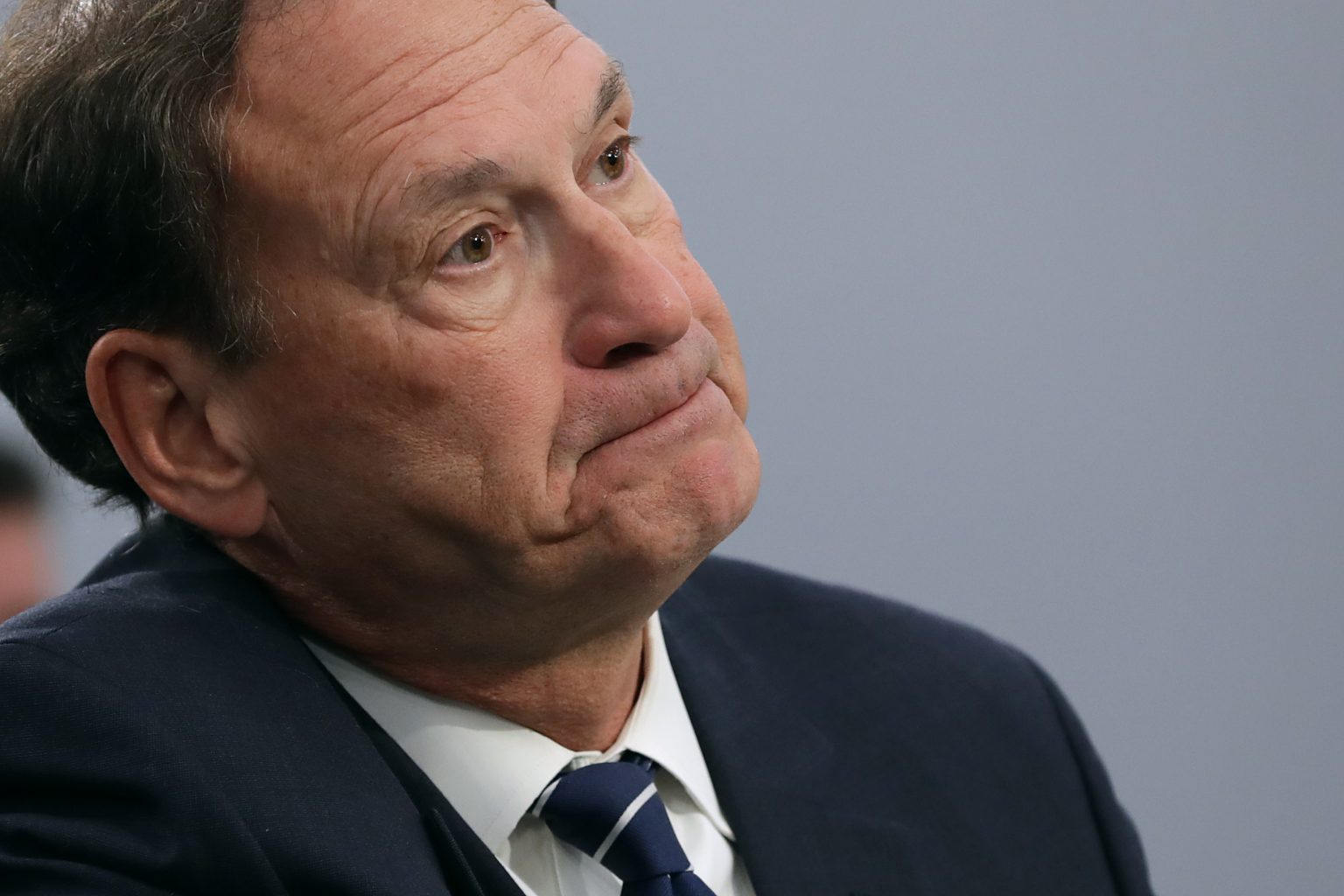Supreme Court Justice Samuel Alito is facing controversy over allegations of bias following the release of audio recordings in which he expresses agreement with a conservative posing as a fellow attendee at the Supreme Court Historical Society dinner on June 3. In the recordings, Alito discusses the ideological divide in the U.S. and endorses a call to “return our country to a place of godliness,” suggesting that compromise on fundamental issues is difficult to achieve. Legal analysts have raised concerns about Alito’s impartiality, with some suggesting that his comments may indicate a lack of fairness in his decision-making process.
The recordings have sparked reactions from lawyers and legal experts on social media, with many expressing apprehension about Alito’s alleged lack of impartiality. Some have questioned what Alito may be saying to his close confidants if he is making such comments to a random person at an event. Harvard Law School professor emeritus Laurence Tribe noted that while Alito’s remarks may not disqualify him from his position, they contribute to concerns about his objectivity. Human rights lawyer Qasim Rashid criticized the Supreme Court as an obstacle to justice in America, highlighting the need for hearings to address concerns about Alito’s impartiality.
Conservative lawyer George Conway compared Alito’s comments to those of Chief Justice John Roberts, who rejected a suggestion that it was his job to put the country on “a moral path” and did not agree that the U.S. was a Christian nation. Conway highlighted the contrast between the two justices’ responses, suggesting that Alito’s remarks may raise questions about his ability to remain impartial in his role. Newsweek reached out to a Supreme Court spokesperson for comment on the controversy, but as of the publication of the article, no response had been received.
The controversy surrounding Alito’s alleged bias comes amid broader concerns about the Supreme Court’s role in upholding justice in America. The recordings have reignited discussions about the judiciary’s responsibility to ensure fairness in its rulings and maintain public trust in the legal system. As the story continues to develop, it remains to be seen how Alito’s remarks will impact public perceptions of the Supreme Court and the ongoing debate over the judiciary’s role in addressing social and political issues.
The release of the audio recordings has raised questions about the transparency and accountability of Supreme Court justices in their interactions with the public. Critics argue that justices must uphold the highest standards of impartiality and fairness in their decision-making process to ensure the integrity of the legal system. As the controversy surrounding Alito unfolds, it underscores the importance of maintaining public confidence in the judiciary and addressing concerns about potential biases that may impact the court’s ability to deliver justice effectively and equitably.
Overall, the audio recordings of Justice Alito have sparked a heated debate about judicial impartiality and the role of the Supreme Court in upholding justice in America. As legal analysts and commentators weigh in on the controversy, the implications for Alito’s reputation and the broader public perception of the judiciary remain uncertain. The ongoing scrutiny of Alito’s remarks highlights the need for transparency and accountability in the judiciary to ensure that justices uphold the principles of fairness and objectivity in their decision-making process.


